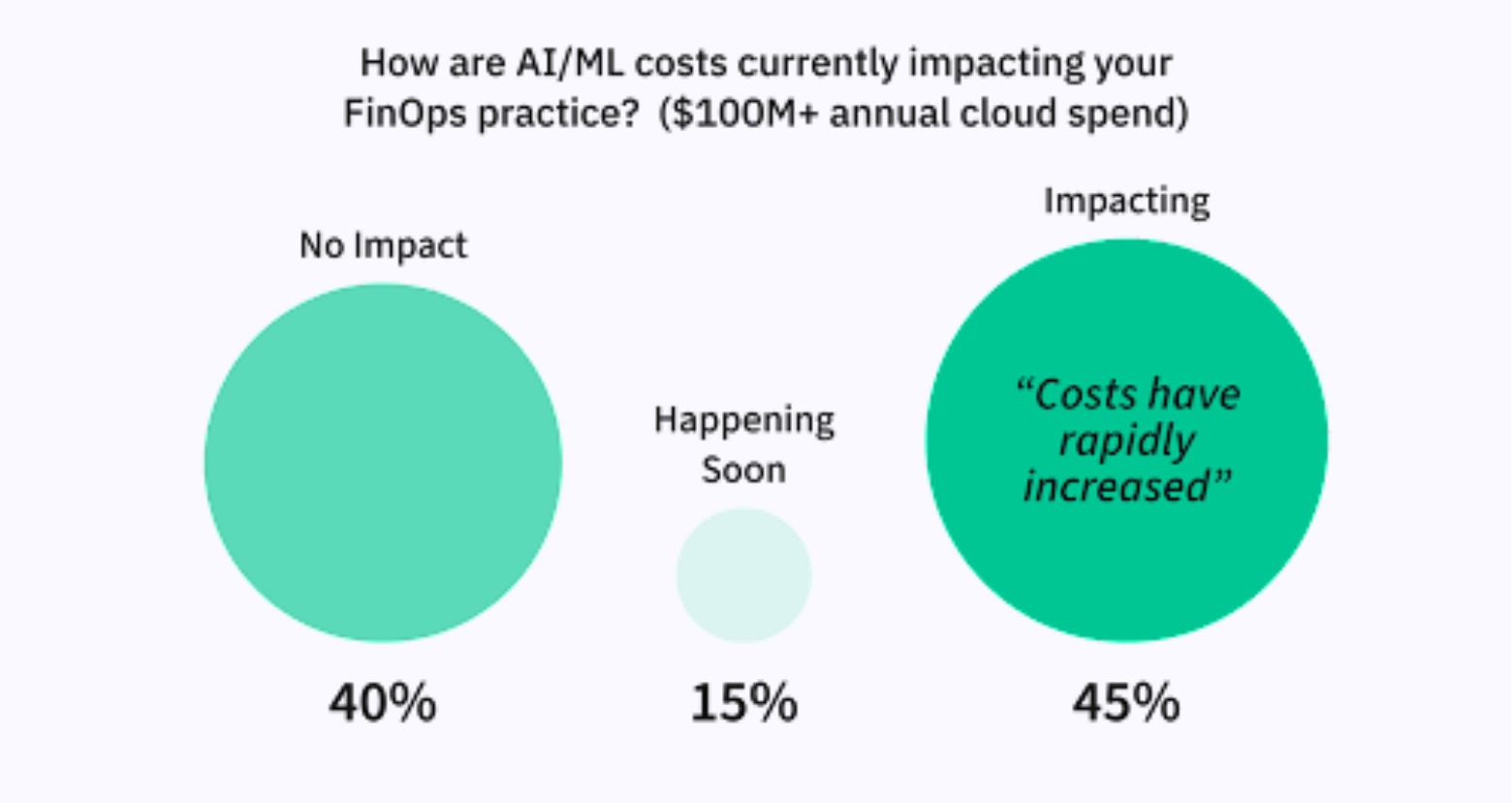Back in early March we published an article that reviewed some of the lesser-known facts about Google Loon, a project that aims to use helium-filled weather balloons floating 20 miles above the surface of the earth to provide internet to some of the world’s 4.2 billion people without an internet connection.
After the initial test results proved positive other companies took note. This culminated in a press release by Facebook on 27th March that they also intended to launch a project that aims to provide affordable internet access to every person in the world.
Internet.Org is a partnership between Facebook, Samsung, Ericsson, MediaTek, Nokia, Opera Software, and Qualcomm. Launched in August 2013, Facebook’s drone-based internet will use Internet.Org as the foundation for its introduction.
The partnership has already seen success in its efforts to bring free mobile internet to the developing world. It has conducted trials with two mobile carriers, Globe in the Philippines and Tigo in Paraguay, and both carriers have at least doubled the number of their customers using mobile data services.
Titan Aerospace makes solar-powered drones that fly at heights of up to 20km above sea level. The company says its drones could fly for years at a time thanks to solar panels on the aircrafts’ wings – a fact that made it an attractive potential acquisition for Facebook when they were looking for a technology on which to base their connectivity dreams.
The potential of the company is so valuable that it became the centre of a Facebook vs Google bidding war. In early March TechCrunch reported that Facebook was on the verge of closing a $60 million deal to buy the New Mexico start-up, but in mid-April The Wall Street Journal revealed that Google had won the battle, concluding an agreement to purchase the company for an undisclosed amount. Titan Aerospace confirmed the news on their own website the following day.
Google’s Project Loon has been met with derision in some quarters. Bill Gates was highly critical of the project last summer, using an interview with Bloomberg to state that the project “won’t uplift the poor”. He noted that internet won’t help solve core issues in developing countries, adding that the firm should be doing more to help the poor. “They hired Larry Brilliant [the former director of Google’s charitable arm Google.org], and they got fantastic publicity. And then they shut it all down”, he said.
Zuckerberg himself used the 2014 Mobile World Congress to argue that Project Loon is not the best solution to connecting more of the globe to the internet. He claims more than 80% of the world live somewhere with 2G or 3G internet access and that the really challenge was, therefore, reducing data costs.
Google naturally argue against both Zuckerberg and Gates. They say that Project Loon will help the poverty-stricken areas connect to the web without having to pay for complex infrastructure, and add that the system could also potentially help in the aftermath of a natural disaster in such areas.
If you are interested in learning more about Facebook’s initiative you can read their research paper, titled “Connecting the World from the Sky”, or head to Internet.Org’s webpage dedicated to the project where they have an informative video.
What do you think? Whose idea is better – Google or Facebook? Can either of the plans achieve their stated aims? Are they really done for altruistic reasons or is it a commercial ploy to break into developing markets?
By Daniel Price





